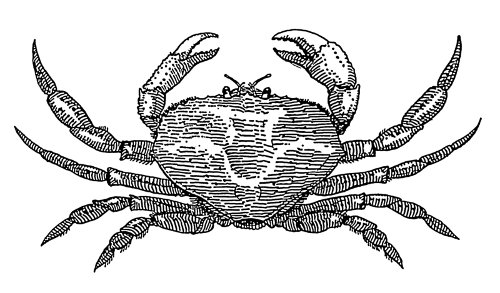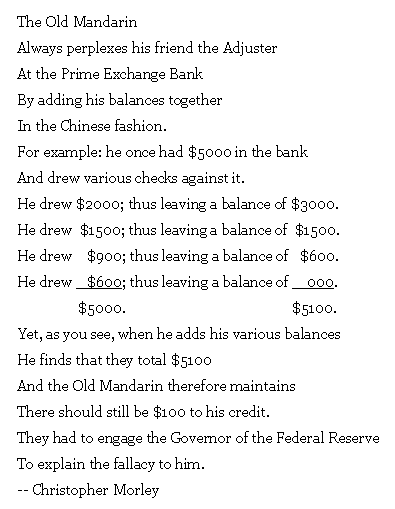When Scottish physician John Armstrong planned to write a book on “the art of preserving health” in 1744, it seemed a promising undertaking. Unfortunately, he chose to do it in blank verse:
The languid stomach curses even the pure
Delicious fat, and all the race of oil;
For more the oily aliments relax
Its feeble tone; and with the eager lymph
(Fond to incorporate with all it meets)
Coyly they mix; and shun with slippery wiles
The wooed embrace. Th’ irresoluble oil,
So gentle late and blandishing, in floods
Of rancid bile o’erflows: What tumults hence,
What horrors rise, were nauseous to relate.
Choose leaner viands, ye of jovial make!
This ran to four books and 128 pages, too florid to be useful and too queasy to inspire. Armstrong made a few more stabs at medical poetry, but he didn’t quit his day job: In 1760 he became a physician to the British army in Germany, and then retired.



